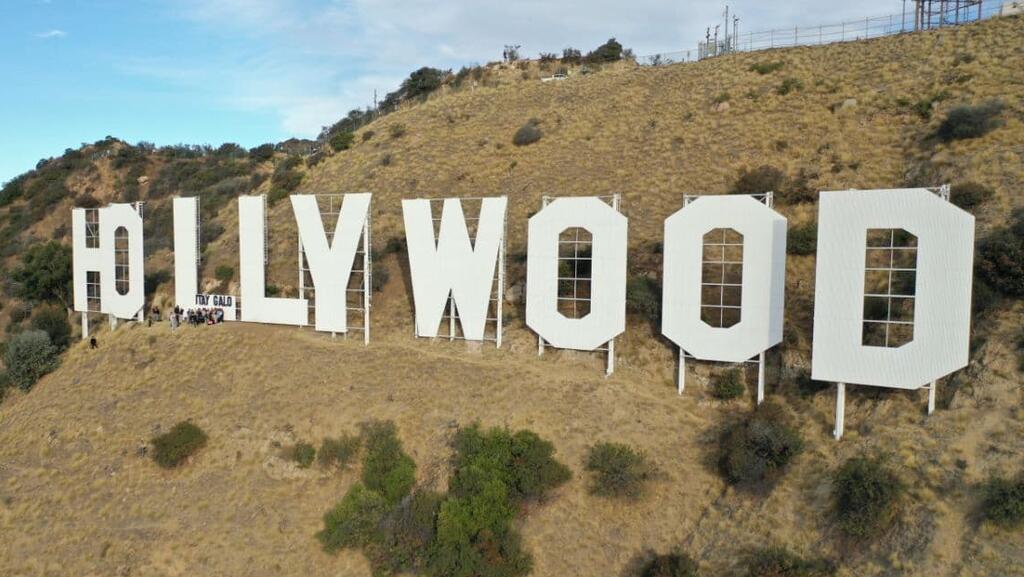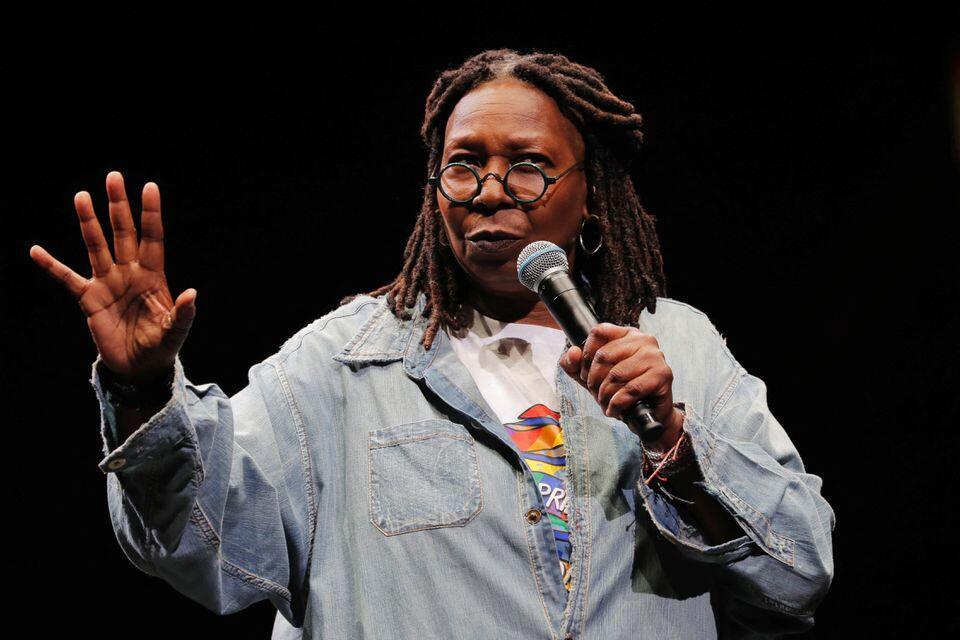Getting your Trinity Audio player ready...
Hollywood has always been a source of cultural scandals. Lately, several problematic statements on Jews have slipped out of mouths of some well-known people and left us with worrying questions on the state of the American culture.
After years of delays, the Academy Museum of Motion Pictures in Los Angeles opened its doors to the public in Autumn of 2021. The museum is devoted to outlining the history, science, and cultural impact of the film industry.
Despite the fact that Hollywood is historically known to be "run by Jews," acknowledgement of the Jewish history was neglected from the museum's content.
Jewish dominance in the entertainment industry came as a result many of them escaping the terrors of the Holocaust and building a new future in a new country. With little employment options, Jews not only made up much of the employees in Hollywood, they paved the way for the institution to become what it is today.
Nonetheless, the focus of the new museum appraises African American individuals, such as Spike Lee, for their success in making room for expression of the Black community in Hollywood, hence helping them allegedly emerge stronger from years of oppression.
This story goes hand in hand with this week's scandal on ABC's "The View" and one of its hosts, actress Whoopi Goldberg. The scandal exposes deep-rooted hostility towards Jews in some sector of the American culture, especially within the progressive circles.
This is a battle for narrative. Who is the bigger victim of racism, and who is the minority that deserves to fulfill the American dream despite the difficulties?
Goldberg, in discussing curriculums of educational institutions, which include Holocaust-based literature, asserted that the genocide that eradicated six million Jews was "not about race". She later said, "This is white people doing it to white people, so you all going to fight amongst yourselves". This underlines not only the tensions between African Americans and Jews, but also the concerning historical and cultural gaps the American culture has created.
The inability to see race beyond skin color highlights that America's racism is narrowminded, and views everything through the U.S. prism of black and white. Excluding Jews as victims of racism, especially in the context of the Holocaust, points to ignorance and inefficiency in passing down the accounts of crucial historical events and cultures to its' people.
Goldberg and most African Americans, probably wouldn't categorize themselves as anti-Semitic or Jew-hating people, rather the opposite. However, the color-blinded outlook on racial discrimination expresses deep-rooted resentment.
The years of President Barack Obama and President Donald Trump were supposed to be an era of strengthening solidarity within America's "minority coalition," yet it seems that the gap between them has only widened and fueled the resentment.
An additional exemplification of this phenomena in Hollywood took place when "12 Years A Slave" won an Oscar for best film. The African American director, Steve McQueen, expressed an anti-Semitic statement that wasn't given much attention by the media.
"The World War II lasted five years and there are hundreds and hundreds of films about it and the Holocaust. Slavery lasted 400 years and there are less than 20 [films]. We have to redress that balance and look at that time in history."
McQueen hints that Jews believe they were more harshly victimized, and are therefore stealing the spotlight from the calamities faced by Africans during the slavery era. This emphasizes a layer of racism that is overlooked, in which injustice towards African American overrides and blurs discrimination towards Jews.
The remains of the alliance between the Jews and African Americans, which Martin Luther King ignited in the 60s seem to be dwindling away.



